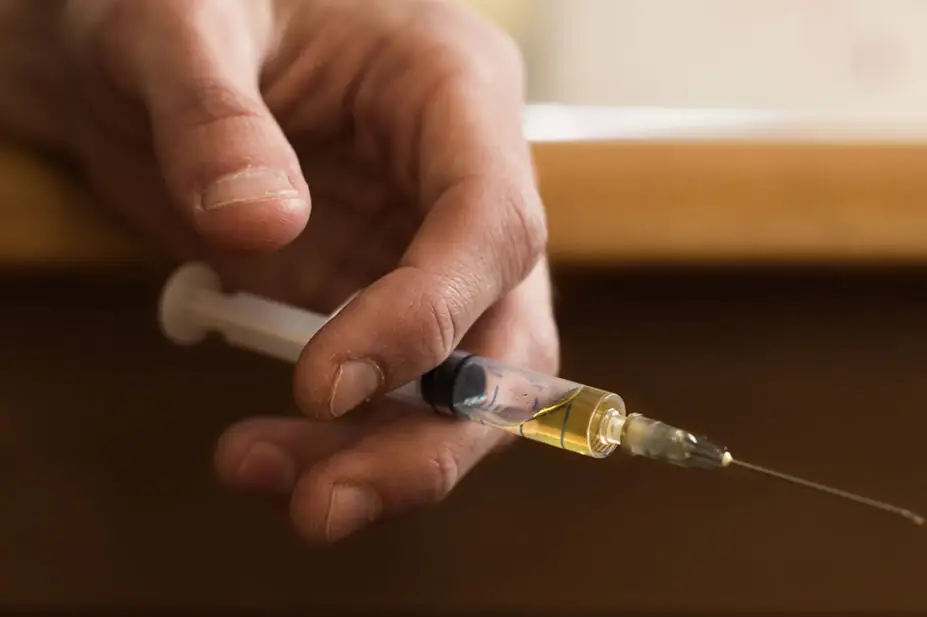
Shutterstock.com
Hundreds of people with hepatitis C have been identified through the NHS’s free home-testing service, according to NHS England.
Since the launch of the service in May 2023, more than 105,000 people in England have ordered at-home test kits, with “around 225” testing positive, going on to have NHS treatment.
Adults aged 18 years and over can order the kit online, which requires a finger-prick blood sample to be sent for analysis. Results are provided within two weeks.
Joshua Greenwood, highly specialist gastroenterology and medicines optimisation pharmacist at Guy’s and St Thomas’ NHS Foundation Trust, described the scheme as a “great step in the right direction for expanding hepatitis C detection”.
“[It will] allow more patients than before to be diagnosed and treated in a shorter time frame,” he said, adding that the service will also help detect asymptomatic cases and reduce transmission.
Analysis of the testing data shows that 70% of positive cases were identified in the most deprived half of the population.
People in their early 40s had the highest rates of positive hepatitis C tests, with 0.8% of those aged 40–44 years and 45–49 years testing positive. The next highest rate was among patients aged 35–39 years, at 0.6%.
Rachel Halford, chief executive of the Hepatitis C Trust, told The Pharmaceutical Journal that with roughly 90% of cases in England resulting from injecting drug use, “an accessible supply of clean and safe injecting equipment greatly reduces rates of infection, as well as the risk of other drug-related harms”.
She emphasised that pharmacists play a “crucial role” in preventing transmission as “key provider[s] of needle and syringe programmes (NSP)”.
“Without strong preventative measures, we will struggle to reach elimination, let alone maintain this status once we’ve achieved it,” she added.
Hepatitis C — which is often asymptomatic — is primarily spread through blood-to-blood contact and can lead to liver failure and cancer if untreated.
However, it is curable in more than 90% of cases with a short course of antiviral medication.
Sinead Peare, principal pharmacist in clinical governance, medicines policy and practice at Guy’s and St Thomas’ NHS Foundation Trust (previously lead hepatology pharmacist), told The Pharmaceutical Journal this was a “fabulous opportunity” to move closer to the World Health Organization’s goal of eliminating hepatitis C by 2030.
“The medicines we use for hepatitis C are high cost and therefore pharmacists are well placed to monitor these, ensuring that patients tolerate these medications well, helping patients to maintain adherence and counselling on preventional [sic] methods to avoid reinfection,” she said.
The home-testing scheme sits alongside wider NHS efforts to find and treat hepatitis C. In April 2024, prescribing pharmacists formed part of a healthcare team that helped hepatitis C to be ‘micro-eliminated’ from HMP Berwyn, the UK’s largest prison, following an 18-month test-and-treat programme.
And, in July 2025, the UK Health Security Agency launched a genomic surveillance programme to track resistance and transmission of the virus.


